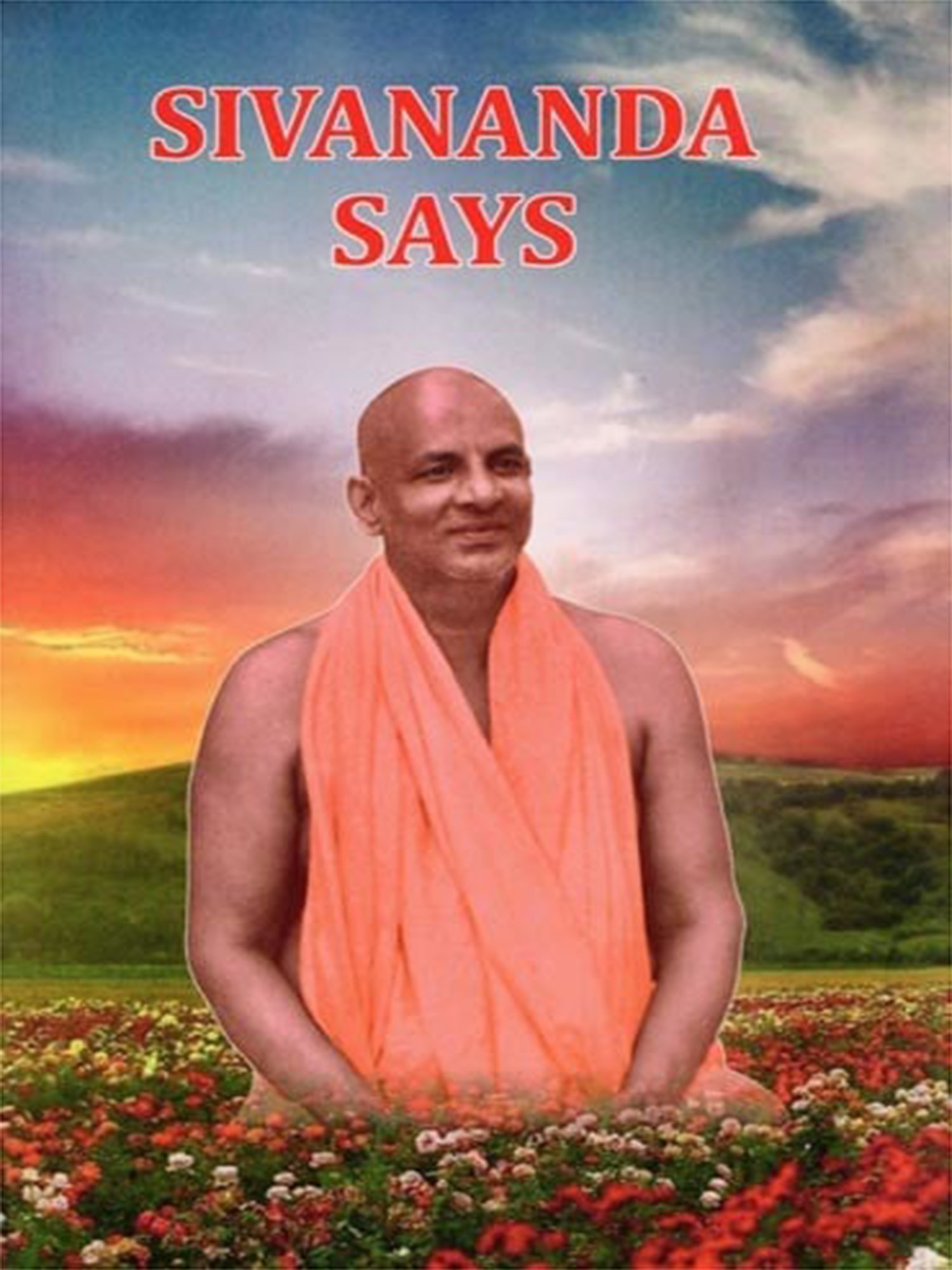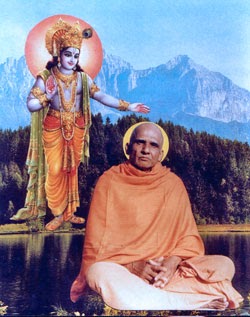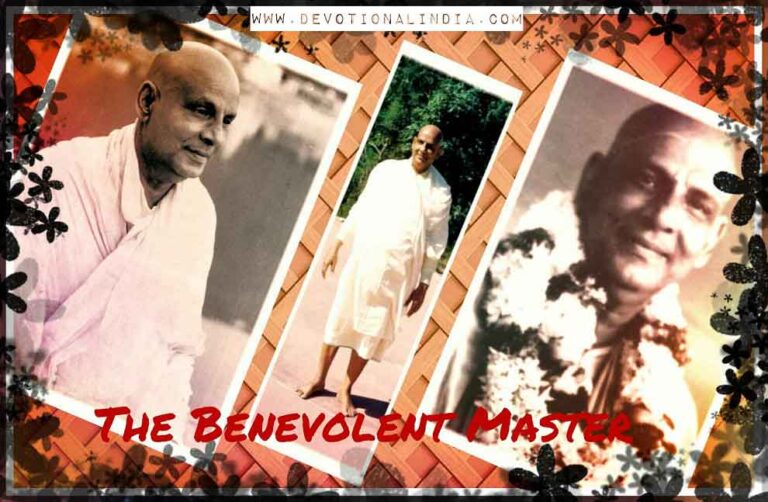Volume Twenty Eight
Volume Twenty Eight (1995)

Sathya Sai Speaks – Volume 28 (published 1995) is a significant compilation of discourses by Bhagawan Sri Sathya Sai Baba, and it is rich with teachings about love, service, self‐realization, morality, and the interplay between divine attributes and human life. The volume contains numerous discourses, each one guiding devotees toward inner growth and the recognition of their divine potential. From the outset, the message of divine love (prema) is central—Baba emphasizes the power of love that flows from pure heart, untainted desires, and selflessness; this love has the capacity to transform individuals and societies alike. Along with love comes the notion of triple purity (purity in body, mind, and heart), which Baba presents as essential for spiritual life. Without purity, love loses its glow; with purity, love becomes luminous and leads the one who practices it toward spiritual awakening.
Another strong theme is the importance of selfless service. Baba repeatedly draws attention to serving humanity—not as a duty performed for recognition or reward, but as an expression of devotion and a way to manifest Godliness in action. Service to the needy, kindness to all, caring for the sick, honoring the weak—these are not peripheral acts but core spiritual practices. Several discourses in this volume exhort listeners to render unto others what is theirs, to treat patients with love, to honour the women in society, and to cherish the culture and heritage of Bharat (India) with humility and pride alike.
Self‑realization is another major thread in the volume. Baba encourages seekers to inquire into the true nature of the Self (Atma), to understand that the human identity is not bounded by body, name, caste, or nationality, but is essentially divine. The quest for Atma Jnana (knowledge of the Self) is presented not as a mere intellectual exercise but as an inner journey involving devotion, purity, self‑sacrifice, and constant remembrance of God. The discourses stress that realization of one’s inner divinity brings perennial peace and freedom from fear and suffering, because one sees oneself as part of the cosmos, rather than separate.
Morality, ethical living, and restoration of values are also emphasized strongly. In an era of moral decline, Baba sounds repeated calls for restoring honesty, integrity, righteousness, self‑control, and compassion. He also speaks of diet and health—not just physical wellness, but purity in what one consumes, in how one eats, how one lives. Rituals of worship are not dismissed, but their inner significance is underlined: worship at the Lord’s feet, the signification of prayers, idol worship, Gayatri, Vinayaka worship, etc. These external forms serve as reminders and supports for inner devotion, not ends in themselves.
There is also emphasis on national unity and cultural heritage. Baba asks that people of India cherish their culture, respect their history, yet also uphold universal spiritual values. Women’s honour, noble mothers, the role of upbringing in shaping ideals—all these are subjects he brings out in his discourse. He encourages that love and sacrifice will save mankind, that noble women breed noble sons, that friendship with God elevates human life.
Finally, there is the repeated doctrine of dedicating all actions to God—in every thought, word, and deed. One should act, serve, speak, offer in life, not for selfish gain, but as a service to divinity. The idea is that life itself becomes worship when it is offered, surrendered, made pure, suffused with love. The notion of “God, man, and the cosmos” is not separation but unity; the divine is manifest in all, and the devotee’s task is to see that reality and let it guide conduct.










































